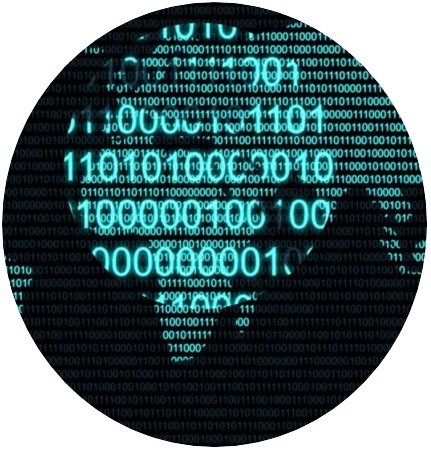Data and engineering science theme
You are here
Data and engineering science theme
The three chair groups Geo-Information Science and Remote Sensing (GRS), Mathematical and Statistical Methods (MAT) and Farm Technology (FTE) are closely collaborating within the PE&RC theme called “Data and engineering science”. As a theme, we focus on further advancing the state of the art in data science and engineering methodologies for agro-environmental applications, in areas such as machine learning, machine vision and artificial intelligence, digital twins, autonomous robotics, big data and high resolution remote sensing.
Our core mission is to provide the research methods, technologies and tools that can be used to solve complex societal problems through the integration of novel data acquisition tools, quantitative and qualitative modelling with domain knowledge.
For our theme, the central disciplines and research areas are geo-information science, (remote) sensing, statistics, mathematics, simulation modelling, spatial analysis, software development, systems & control, and robotics. We develop, implement and support quantitative methodologies for the life and environmental sciences. Our activities involve data acquisition and handling, experimentation based on a statistical design, modelling, and technological development and application. We play a major role in data challenges encompassing the integration of multiple data sources by different types of models, the writing of professional software, and the development and implementation of decision-making technology to improve the quality of life. We are active by ourselves in our own scientific field, but we also support others within many of the WUR investment and research programmes and also external partners.
Our ambition for the future is to have an excellent reputation and to be the internationally renowned focal point in (big) data science for agro-environmental applications. Our main strength is that we understand the Wageningen application domains and can translate scientific results into practice. The ecosystem of WU is an opportunity for interdisciplinary collaborations with research groups within and outside PE&RC. Examples of activities in which we want to particularly expose the complementarity and synergy of the expertise of the participating groups for the next 6 years:
- Image-based digital plant phenotyping;
- Wageningen investment theme on “Digital twins”;
- 4TU projects, the partnership with the other Dutch universities of technology;
- Data science education for the Wageningen context;
- Advanced visualization to complement digital twins and data science to facilitate translational research.

